ON the surface, they look like your average teenagers – unassuming and chatty. But the fact is, Deborah Wong, 17, Thevesh Thevananthan, 18, and Nishanth Selvalingam, 18, are trailblazers in the Malaysian debating scene, capable of taking on the world’s best.
Just a couple of months ago, the trio were making history, winning the Asian World Schools Debating Championships (AWSDC) and placing fifth at the prestigious World Schools Debating Championships (WSDC). Both events were held in Bangkok, Thailand.

Team Malaysia – (from left) Deborah Wong Zhi Qing, Tariq Azlan Shah, Eliza Chow Ka Mun, Nishanth Selvalingam, Deborah Wong Kai Wai, Thevesh Thevananthan, Malaysian Institute for Debate and Public Speaking (MIDP) general manager Ahmed Faris Amir, head coach Don Siron Pareira, Nimalan Gunandran, Amrit Agastia, Roshan Sivabalan, Siddharta Adaikalaraj, Evan Wong Jun Xian and Kishen Sivabalan – at the World Schools Debating Championships (WSDC) in Bangkok, Thailand. – Photo by MIDP.
On top of that, Thevesh was named Overall Best Speaker at AWSDC. Another four Malaysian debaters finished in the top ten – Evan Wong placed third, Nishanth placed fourth, Deborah placed sixth and Kishen Sivabalan placed ninth.

Thevesh was named Overall Best Speaker at the Asian World Schools Debating Championship (AWSDC) – Photo by MIDP.
And at WSDC, Nishanth was named Overall Best ESL (English as a Second Language) Speaker in the world! Wong and Thevesh came in second and third respectively.

Nishanth presenting his case at WSDC in Thailand, where he was awarded Overall Best Speaker in the English as a Second Language (ESL) category. – Photo by MIDP.
Clearly, Malaysia is becoming a force to be reckoned with on the international debating scene, and it’s all starting with this bunch of smart, quietly confident yet outspoken teenagers.
But the trio’s potential, and indeed that of the entire Team Malaysia contingent (consisting of 14 debaters) who were at the championships, would not have been fulfilled had it not been for the work of the Malaysian Institute for Debate and Public Speaking (MIDP).
“Everything we’ve achieved so far is not our success,” said Nishanth modestly. “Credit really has to go to our head coach (Don Siron Pereira from MIDP), because he believed in us when nobody else did.”
Siron is MIDP’s director of training and development, and together with MIDP chief executive officer Maizura Mokhsein, they have propelled Malaysia’s brightest young debating minds to a whole new level. The debaters and their parents speak glowingly of MIDP’s tireless work in coaching and developing talents.
Apart from the winning trio of Wong, Thevesh and Nishanth, the other members of Team Malaysia – Evan Wong, Siddharta Adaikalaraj, Kishen Sivabalan, Tariq Azlan Shah, Amrit Agastia, Deborah Wong Zhi Qing, Roshan Sivabalan, Nimalan Gunandran, Aishwarya Adaikalaraj and Eliza Chow Ka Mun – could just as easily become world-beaters.
“Age isn’t a factor when it comes to debating because people like Kishen and Siddharta (who are both 14) constantly outdo people twice their age. That’s the good thing about the debating community – it’s very meritocratic,” said Thevesh.
It’s a very supportive community as well. “When we’re training, some of the other debaters help us prep for our cases. They give us tips and pointers,” added Thevesh.
Speaking about training, the trio said MIDP’s approach is very holistic. It covers everything from presentation skills (they work on things like persuasiveness, tone and pacing) to helping the debaters build up their knowledge on current issues. They even train them on things that might seem unrelated to debating, like leadership, motivational skills and teamwork.
The training can get pretty intense. In the lead up to major tournaments, they train up to five hours a day. But Nishanth said it’s never a drag, because the coaches make sure they keep things fun and interesting. They bring the team out for non-debating activities too, like for movies or bowling.
“I think that really helps with the psychological aspect,” said Nishanth. “One of the reasons I work so hard to do well in debates is because I feel like I owe it to Siron. He’s more than a coach to me. He’s like my best friend.”
But of course, the hard work they put in doesn’t just benefit Team Malaysia’s hopes of winning. It does wonders for the debaters’ confidence and career prospects too.
“Debating has made me realise I should justify a lot of things before believing in them, and not just accept things that are presented to me. I’ve learned to analyse and think critically,” said Wong.
“And even if we don’t know much about a topic, we are trained to make do with what we know, and construct our arguments around that.”

Wong talking about how capable countries should be liable for turning away innocent refugees at the AWSDC finals agains South Africa. – Photo by MIDP.
Thevesh added that doing this has made them capable of thinking on their feet much quicker, and being more adaptable to different situations.
At the end of the day, for all the benefits and plaudits they get from debating, it’s still something they enjoy doing – a lot.
“It’s particularly fun when people underestimate you, and you go out and beat them,” said Siddharta.
With talented young debaters like Siddharta around, Wong, Thevesh and Nishanth’s spots on the next year’s team are far from guaranteed. They still have to go through selections like everyone else.
“It’s a good thing, because if we always stick to the same people, nobody will aspire to be better. There’d be no need for us to improve ourselves,” said Wong.
“And you’ll never know where new talent will come from. All of us have never really won anything prior to MIDP. We were like the dark horses, which is why we need to keep an eye out for people like that in order for our debating scene to grow.”

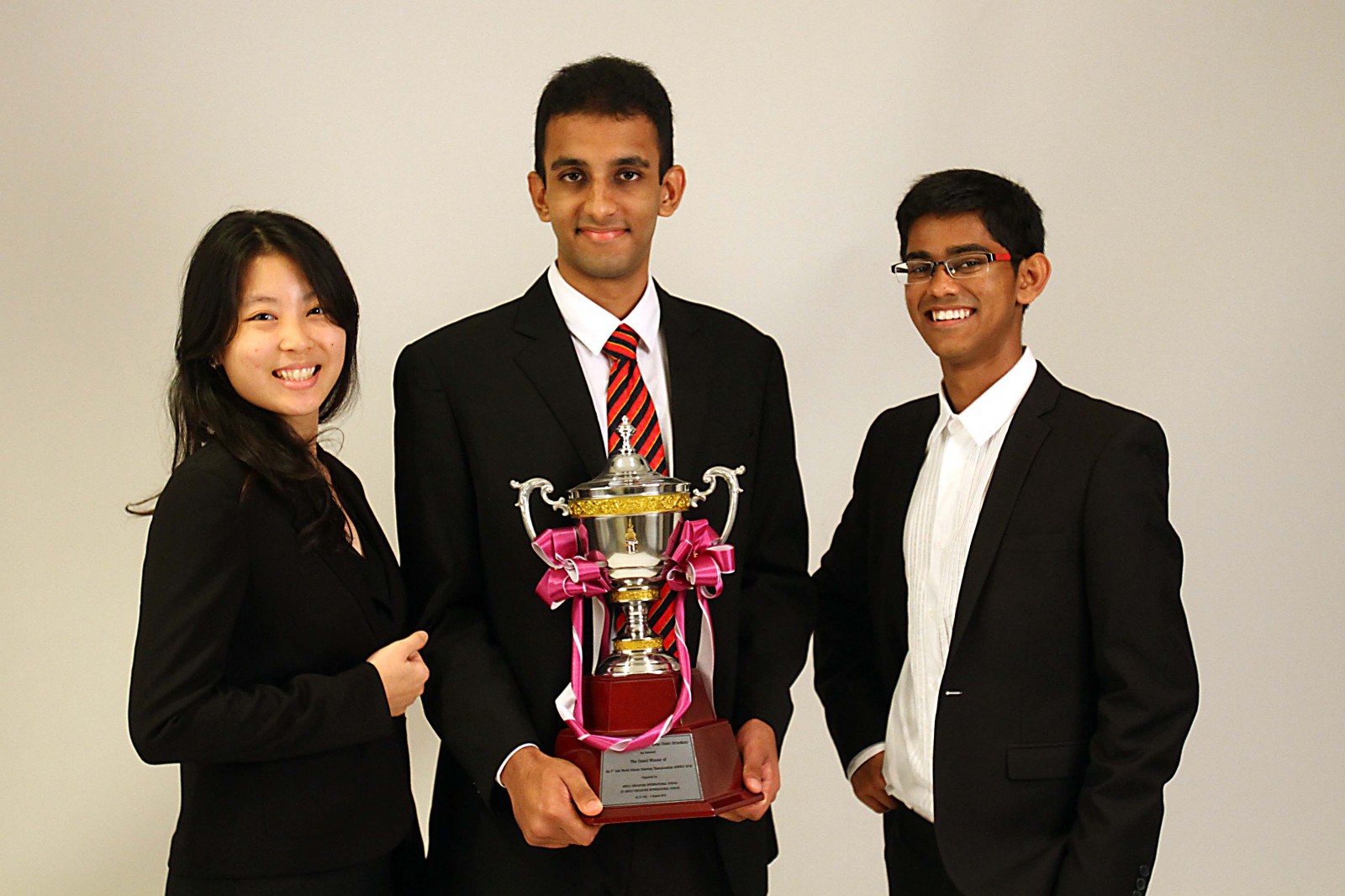
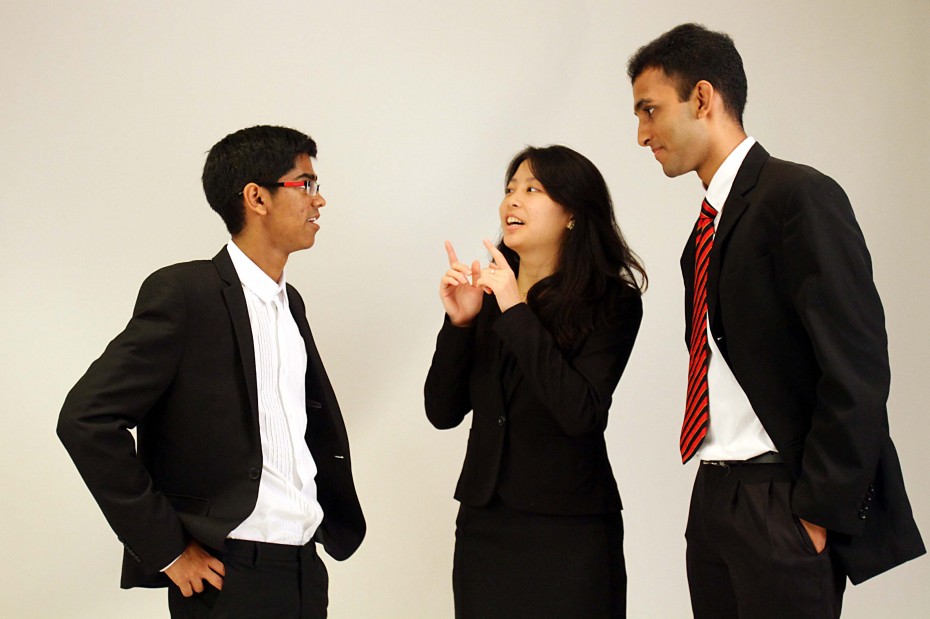
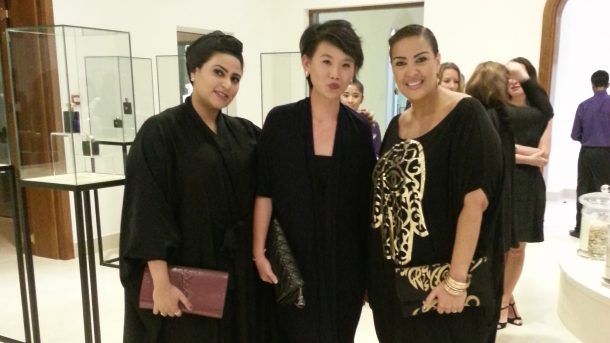
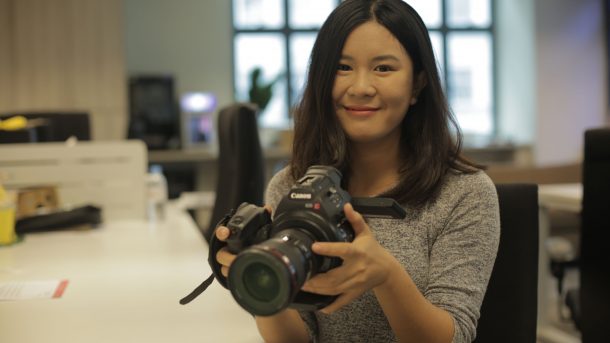
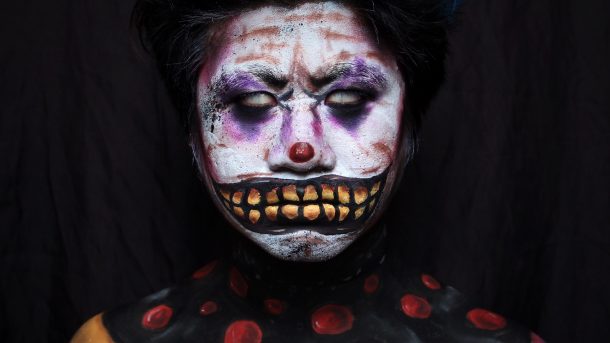
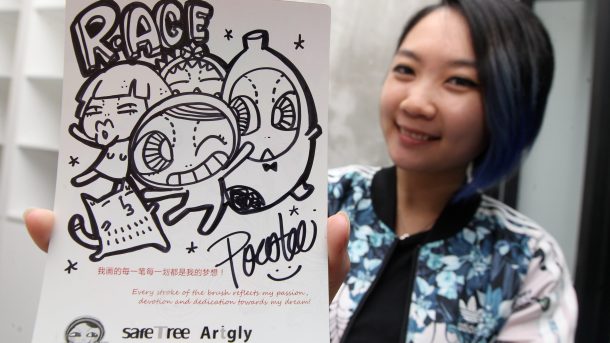
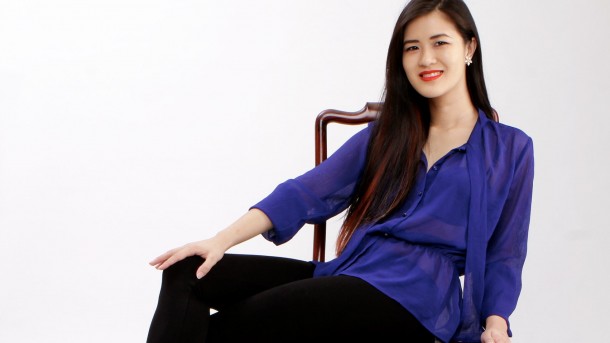
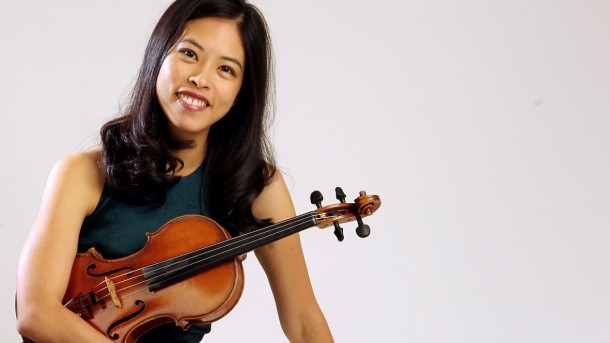

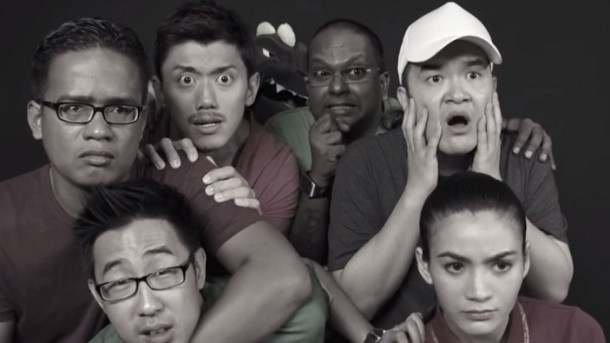
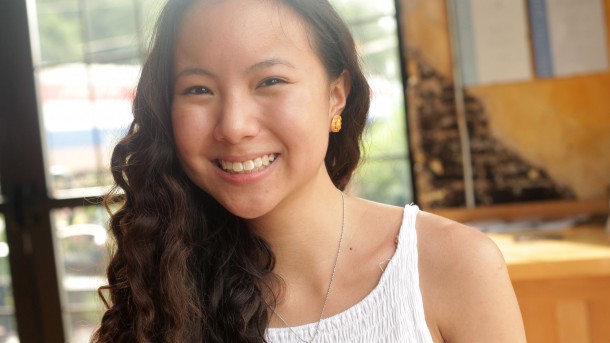
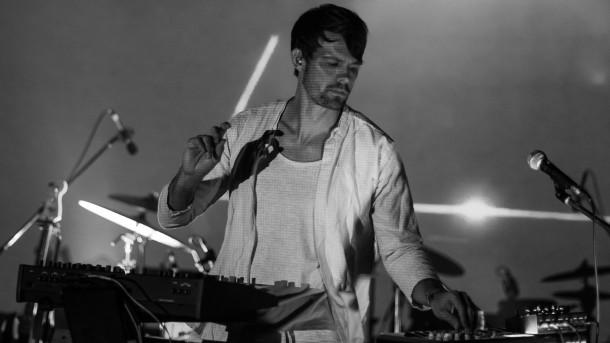
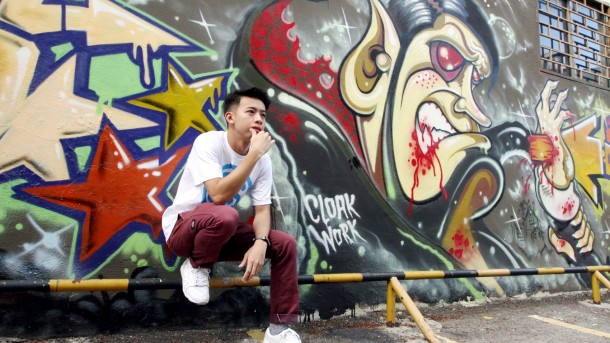
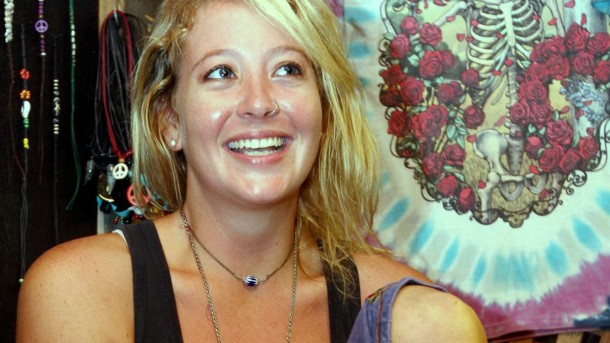
Tell us what you think!